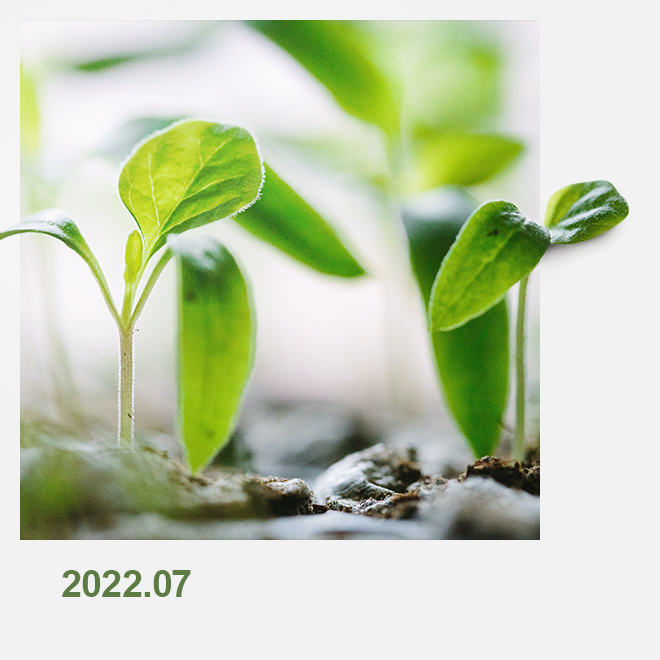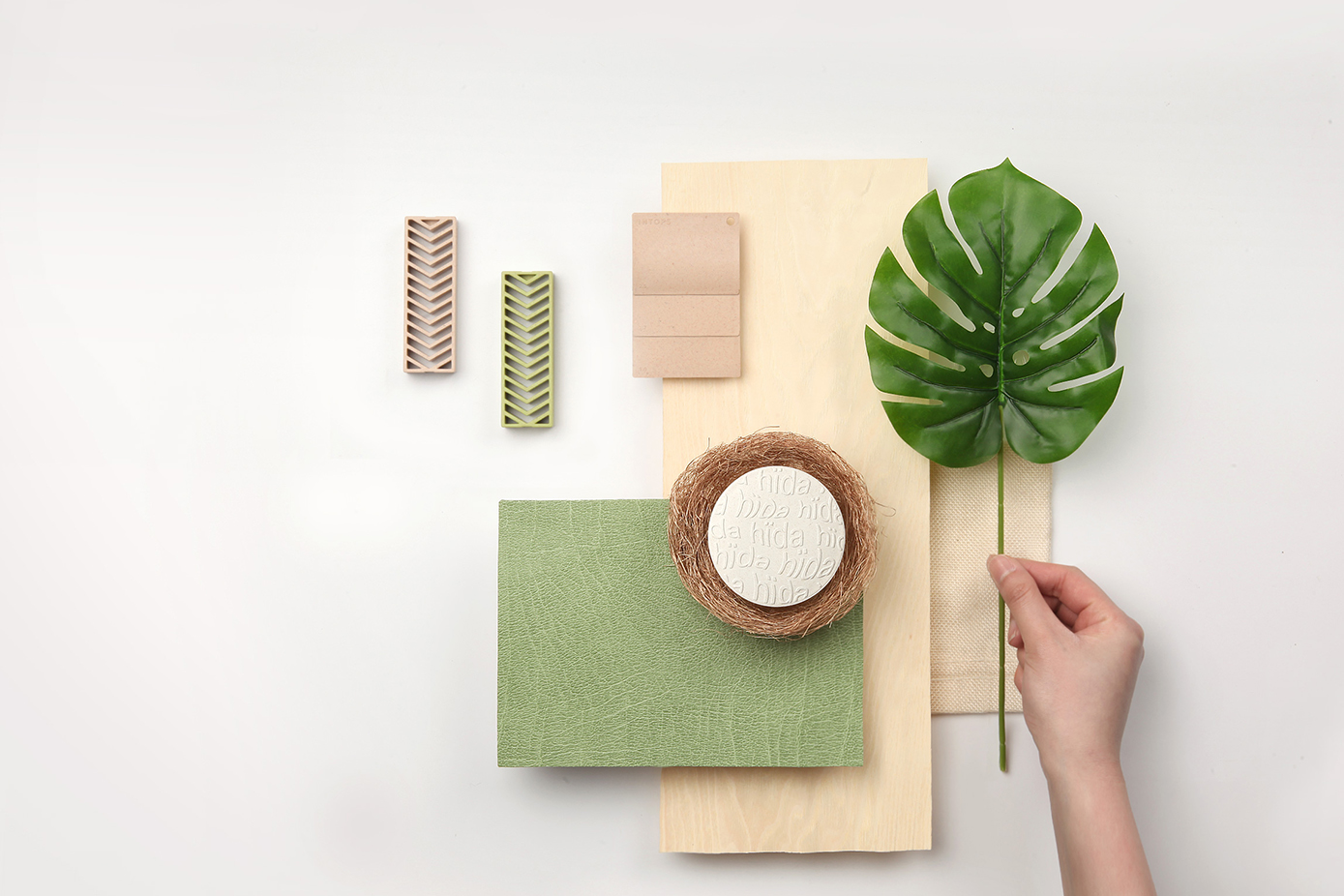-

'Trash' refers to things that are no longer needed because they are obsolete. Someone looks at trash from a different perspective and upcycles it to give it a new value, giving it a fresh shock. Aren't you surprised that food waste is turned into solar panels, discarded notes into stools, and plastic waste into sunglasses? The August newsletter deals with unusual transformations of materials such as trash which can become a 'treasure'. Get amazing insights and creative ideas through CMF cases prepared by the hïda team.
Solar panels made of food waste

Solar panels, a representative example of eco-friendly energy, generate energy only when installed facing direct sunlight on a sunny day. The 'AuREUS' solar panel developed by Filipino engineer Maigue overcame this problem and was finally granted the 2020 James Dyson Award in the Sustainability category. Unlike conventional panels, AuREUS can generate energy when the sun is up for even a moment, and can be easily installed on the exterior wall of a building or a window. What's even more surprising is that it is made from recycled food waste, such as fruits and vegetables.
Fabric stool made from discarded notes

Did you know that the average life of notes in the world is only 18 months? Dutch designer Angela Mathis created a stool by recycling paper money made of a blend of cotton and linen. This stool is patterned with currencies with high color density, such as the US dollar, British pound, Indonesian rupee, and euro. The idea of turning notes into fabric is fresh and fun.
Sunglasses made from plastic waste

Also, the collaborative project between industrial designer Yves Béhar and the non-profit organization Ocean Cleanup is noteworthy. They used plastic waste collected from GPGP, a giant garbage island in the North Pacific, to create sunglasses with the colors of the ocean. All components of the sunglasses, from the metal hinges to the polarized lenses, are designed to be easily taken apart and recycled. The price is $199, and all proceeds from the sale will be used to help clean up marine debris.
Furniture made from waste masks

About 130 billion masks are thrown away every month worldwide due to COVID-19. Discarded masks not only increase the amount of garbage but also harm the safety of wild animals, which is a serious problem. Kim Haneul, from the Department of Living Design at Kaywon University, made a chair using waste masks and scrap materials from the mask factory to inform the seriousness of environmental pollution. About 1500 masks are used to make one chair.
Jenga made of waste plastic and wood flour

We will also introduce the case of hïda, where plastic waste became a fun board game. This Jenga, named Tower Blocks, is made of recycled plastic and wood flour equivalent to 135 disposable spoons per set. Therefore, it can reduce carbon dioxide (CO2) by 80-90% compared to Jenga made of general plastic materials. In addition to the tower blocks, this composite material can be shaped into various products. Click the image for details.

 Save
Save

